Donation
Today, hunger remains the greatest enemy. Malnutrition is widespread, children go to bed hungry, and mothers sacrifice meals so their children might eat.
In Aweil, the suffering is intensified. Very few registered organizations are present, leaving entire communities with no voice. For many, the world does not even know they exist.
The Spiritual Battle: Muslims Gaining Ground
One of the most pressing realities we face is that well-funded Muslim organizations are increasingly filling the gaps with food, aid, and services. While people are starving, they cannot afford to ask questions — they simply follow the hand that feeds them.
This creates a dangerous shift:
Hungry families are vulnerable to conversion not out of faith, but out of desperation.
Young people, desperate for jobs and bread, are drawn to whoever offers opportunity.
Communities risk losing their Christian witness because they lack resources, not conviction.
This is why food is not only a humanitarian issue — it is a spiritual and strategic battle for the future of South Sudan.
As Christians, we must respond not only with words of hope, but with bread, farming, and opportunity. Jesus Himself fed the hungry before preaching the Word. We must do the same.
The Crisis of Unemployment and Untilled Land
.
Modular, mid-size vertical farms (e.g., True Garden, Eden Grow Systems) address urban food gaps with water-saving systems and aeroponics—enhancing resilience in food deserts
Aroyo Farms is an agricultural initiative dedicated to fighting hunger and building sustainable livelihoods in South Sudan.
We have been working in close partnership with Christ Mission to the World (CMTW) for over two decades, uniting relief and farming innovation to meet both immediate and long-term needs.
CMTW: a registered Christian organization that has touched more than 45,000 lives through food relief, education, clean water, healthcare, and discipleship.
Aroyo Farms: a farming-focused partner, dedicated to growing food, empowering women and youth, and restoring self-reliance.
Together, we bring credibility, experience, and vision to one of the most difficult regions in the world.
The Reality of War and Its Aftermath
South Sudan is the world’s youngest country, but independence in 2011 did not end its suffering. Decades of war left a legacy of destruction:
Villages burned and families displaced.
Crops abandoned and fertile land left uncultivated.
Schools, hospitals, and infrastructure destroyed.
Trauma and hopelessness etched into generations.
Today, hunger remains the greatest enemy. Malnutrition is widespread, children go to bed hungry, and mothers sacrifice meals so their children might eat.
In Aweil, the suffering is intensified. Very few registered organizations are present, leaving entire communities with no voice. For many, the world does not even know they exist.
The Spiritual Battle: Muslims Gaining Ground
One of the most pressing realities we face is that well-funded Muslim organizations are increasingly filling the gaps with food, aid, and services. While people are starving, they cannot afford to ask questions — they simply follow the hand that feeds them.
This creates a dangerous shift:
Hungry families are vulnerable to conversion not out of faith, but out of desperation.
Young people, desperate for jobs and bread, are drawn to whoever offers opportunity.
Communities risk losing their Christian witness because they lack resources, not conviction.
This is why food is not only a humanitarian issue — it is a spiritual and strategic battle for the future of South Sudan.
As Christians, we must respond not only with words of hope, but with bread, farming, and opportunity. Jesus Himself fed the hungry before preaching the Word. We must do the same.
The Crisis of Unemployment and Untilled Land
South Sudan is blessed with some of the most fertile land in Africa. The soil is rich, the rains are steady, and the potential is immense. Yet much of the land lies idle because people lack tools, seeds, and training.
At the same time:
Unemployment is extremely high. Young people finish school with no opportunities. Many migrate, leaving their families behind.
Dependency has grown. Families wait for aid trucks that may never arrive, rather than farming their own fields.
Hopelessness spreads. When people cannot provide for themselves, they lose dignity and faith in tomorrow.
This is the paradox we see daily: fertile land wasted, while children starve.
At Aroyo Farms, we believe this is where change must begin. Farming is not just about crops — it is about restoring dignity, creating jobs, reducing dependency, and unlocking the God-given potential of South Sudan’s land and people.


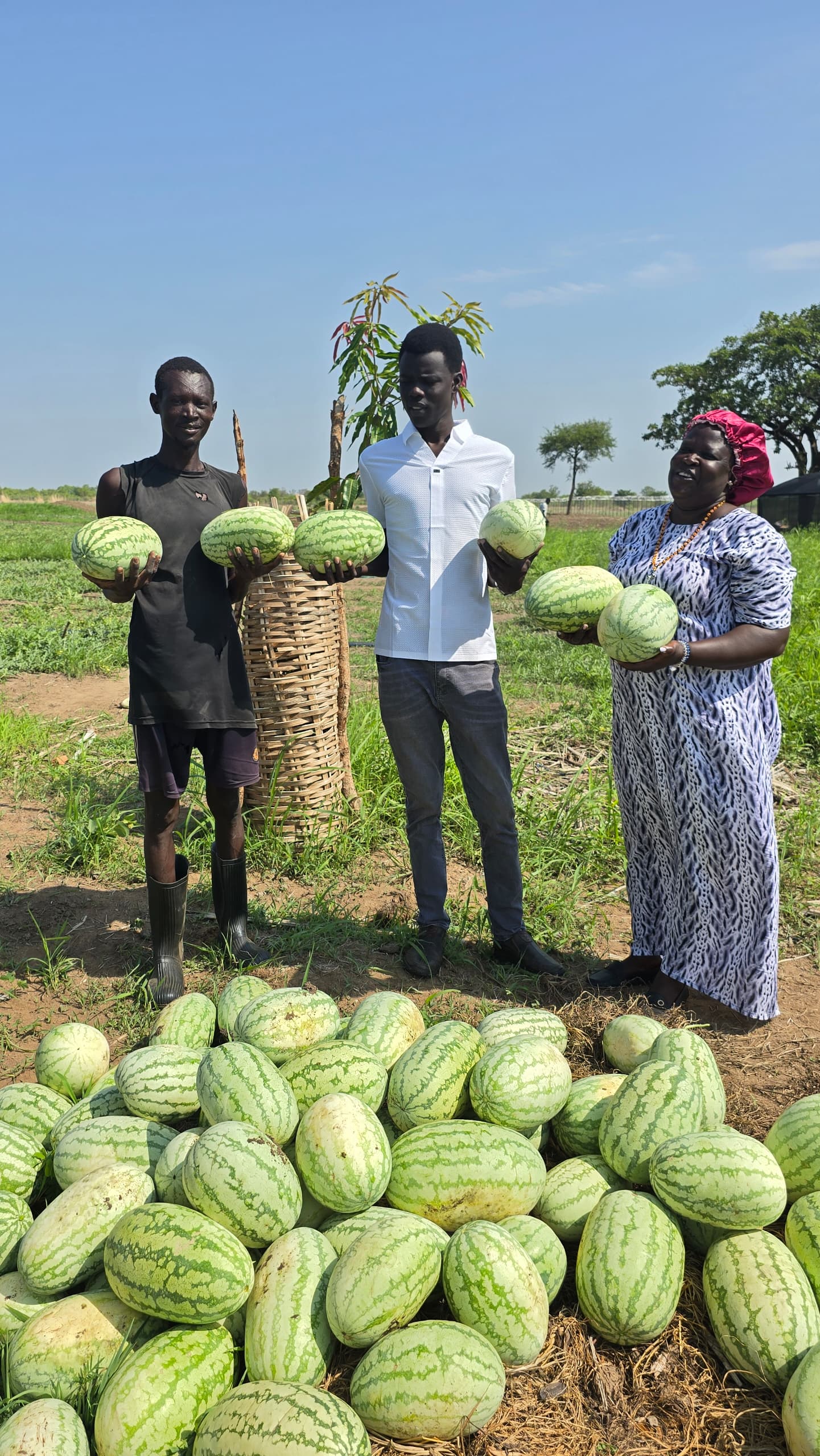
.jpeg)
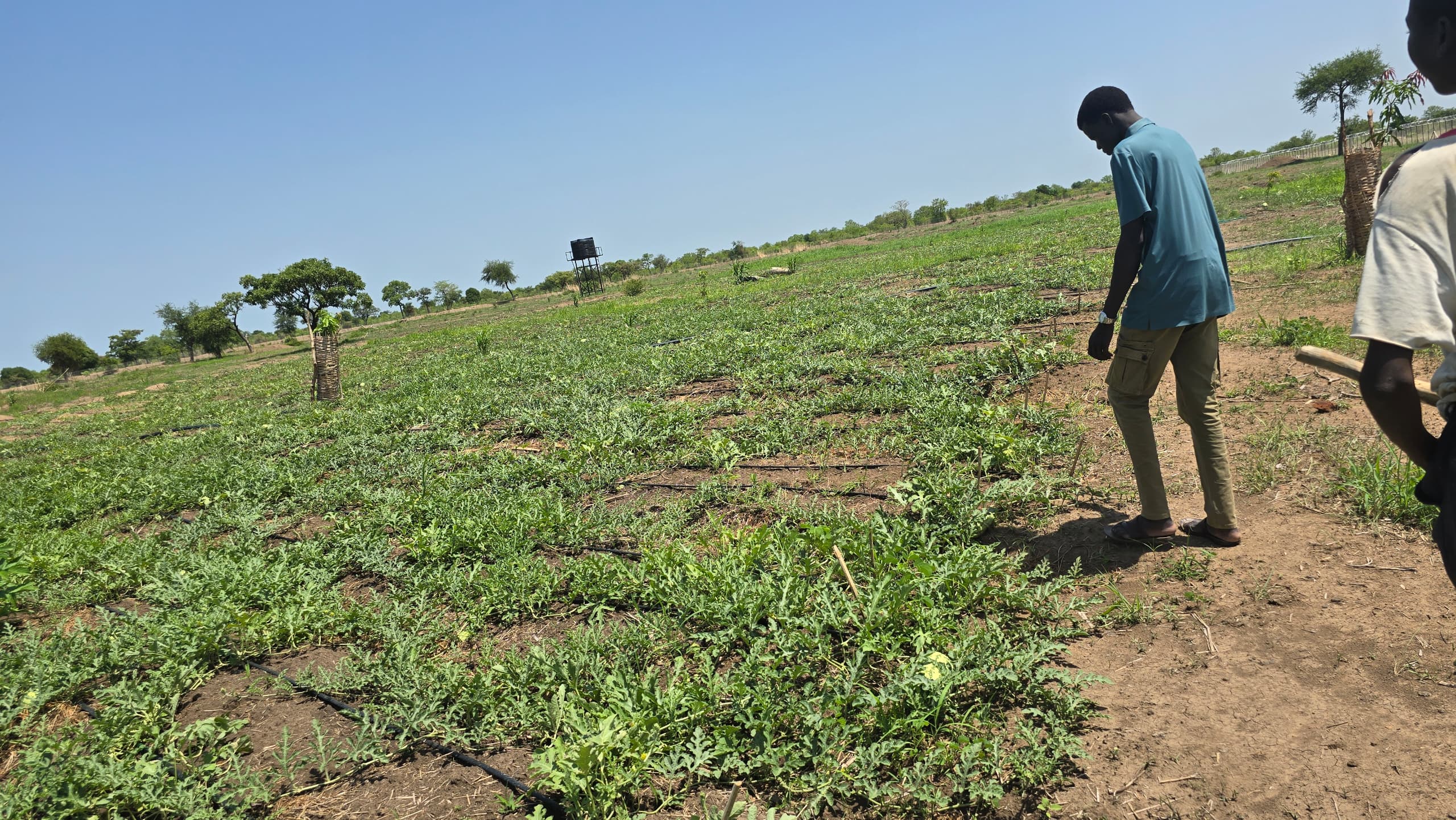
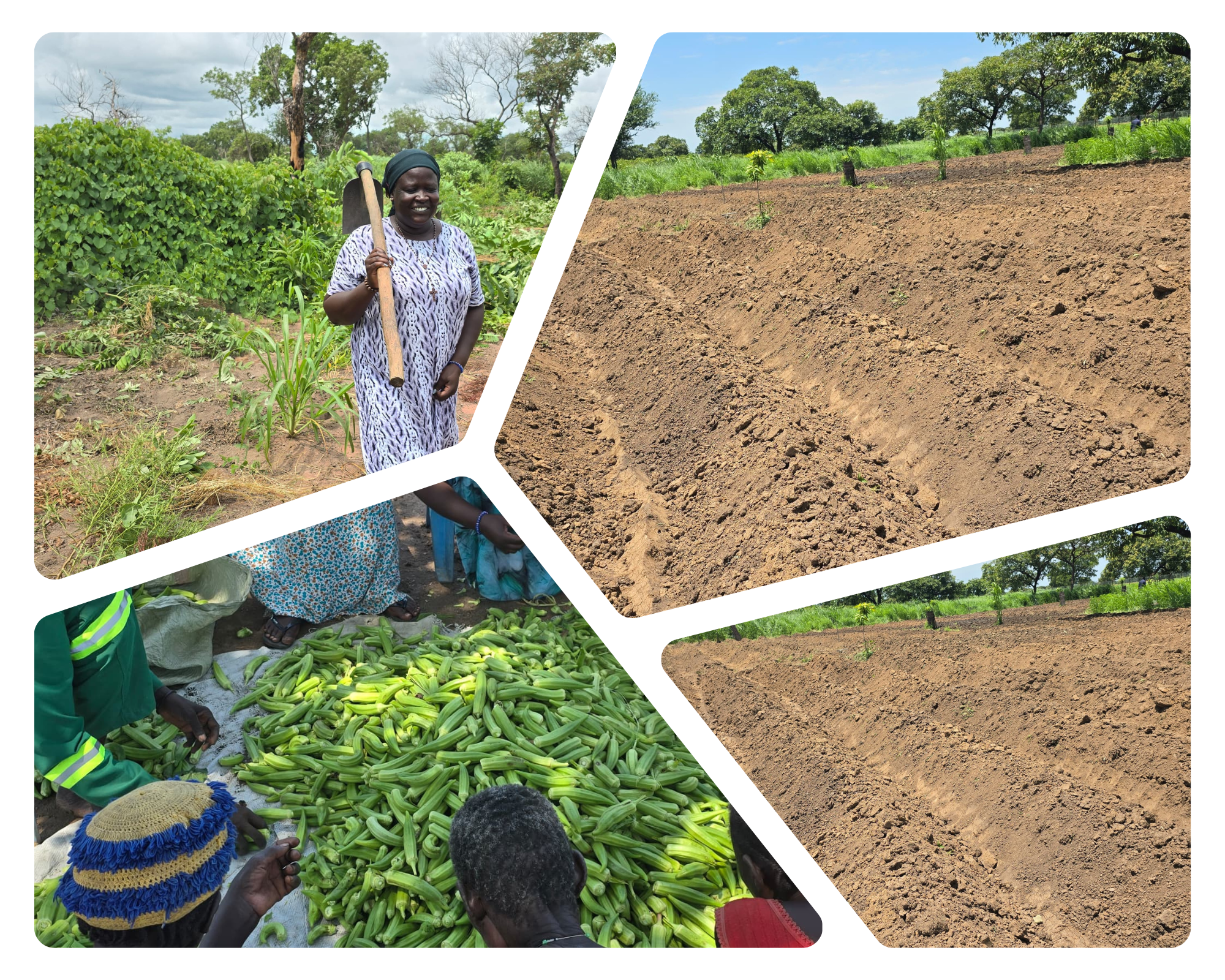

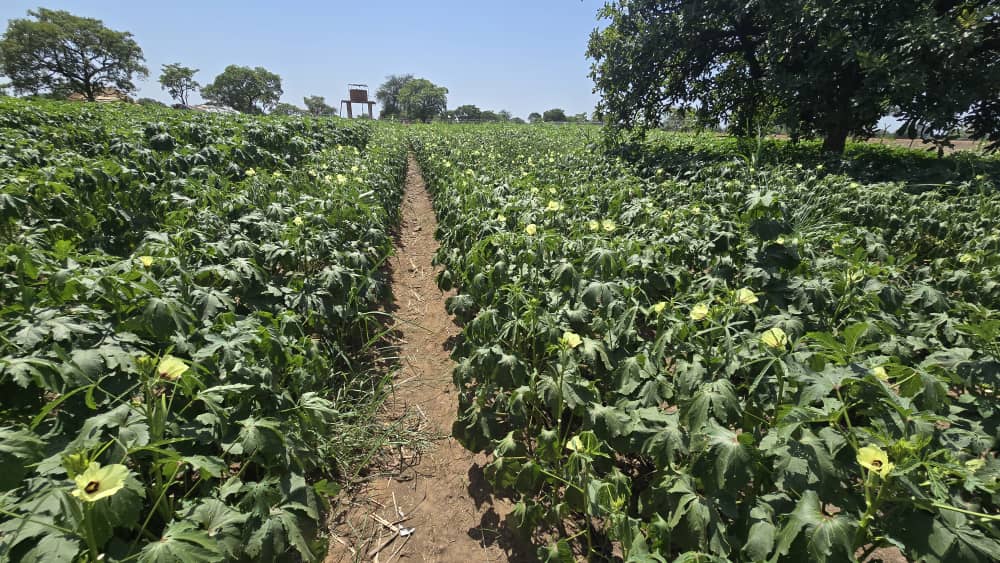

.jpeg)
.jpeg)
.jpeg)
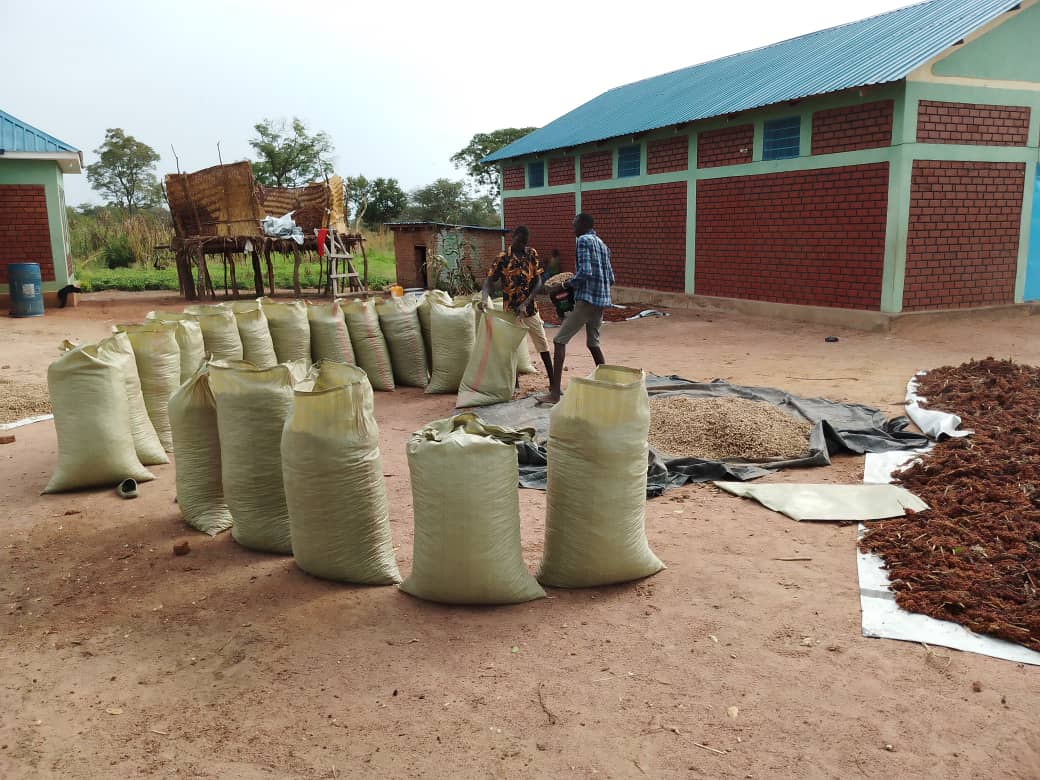
.jpeg)
.jpeg)